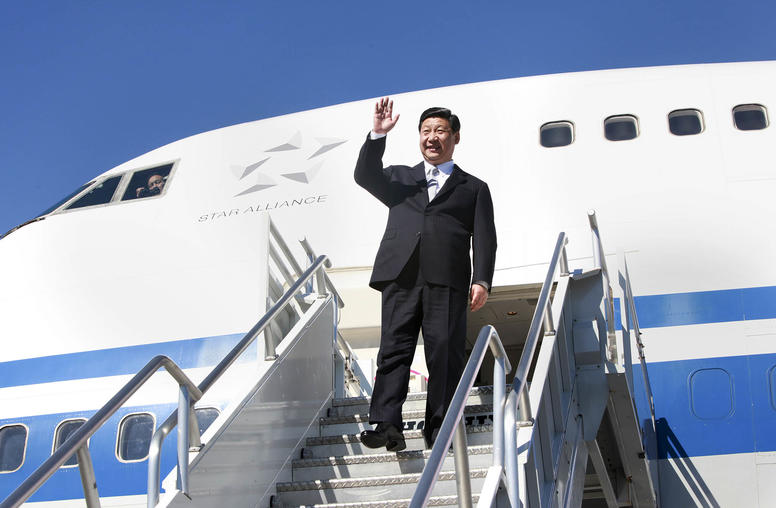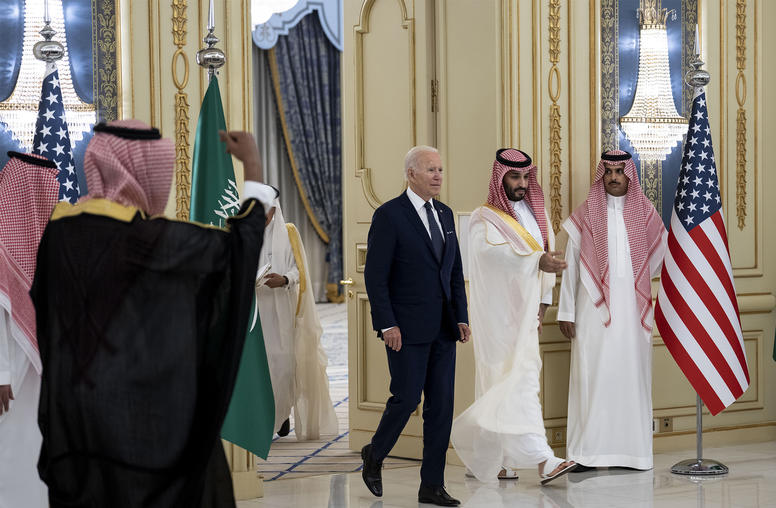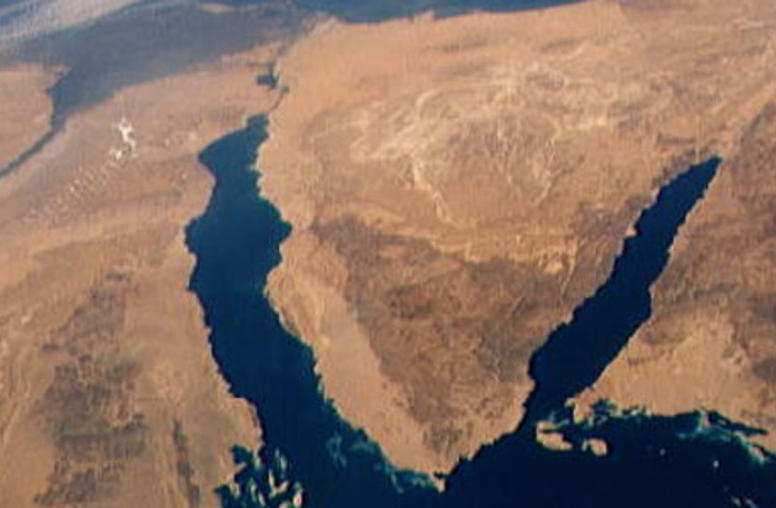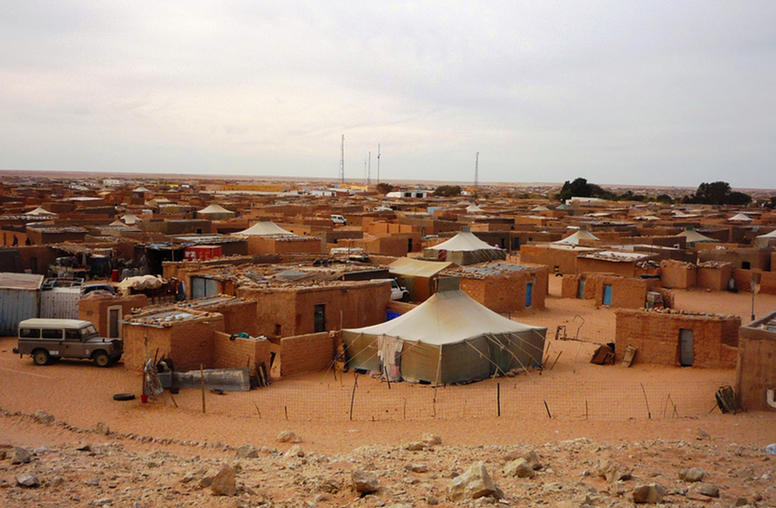Publications
Articles, publications, books, tools and multimedia features from the U.S. Institute of Peace provide the latest news, analysis, research findings, practitioner guides and reports, all related to the conflict zones and issues that are at the center of the Institute’s work to prevent and reduce violent conflict.

Will Xi or Won’t Xi: Is China’s Leader Heading to Saudi Arabia?
Last month witnessed considerable media speculation that Chinese leader Xi Jinping would soon visit Saudi Arabia in what would be his first trip overseas in two and a half years. However, this trip has yet to materialize. As the recent visit by a senior U.S. congressional leader to Taiwan reminds us, not every high-level government visit is necessarily publicly announced ahead of time. While it appears that Xi will make his first foreign trip since the onset of COVID-19 pandemic for the Shanghai Cooperation Organization (SCO) meeting in Uzbekistan on September 15, it’s worth exploring what these swirling rumors of an imminent Xi trip to Riyadh mean.

USIP-Wilson Center Series on Arab Spring Impacts Concludes
In the last of a five-part series of papers and meetings on “Reshaping the Strategic Culture of the Middle East,” regional specialist Adeed Dawisha told an audience at the U.S. Institute of Peace (USIP) on June 12 that, contrary to some expectations, no clear political or ideological breach has opened up between the revolutionary states of the Arab Spring and the region’s status quo powers.

Is a Saudi-Israel Normalization Agreement on the Horizon?
In recent months, a drumbeat has built around the U.S. effort to negotiate a normalization agreement between Israel and Saudi Arabia. The deal would be a tectonic shift in Middle East geopolitics, but also carries major implications for other actors beyond the three negotiating parties. Israel would, of course, benefit from normalized relations with the Saudis — long seen as the “holy grail” of potential normalization agreements for the country. The Saudis, in turn, would see their interests advanced through strengthened U.S partnership in key areas. But this deal could also have serious implications for the future of the Palestinian national movement and, further afield, for the role of China in the Middle East.

Through a Glass Darkly? The Middle East in 2012
In a period of tremendous change in parts of the world, we are asking USIP leaders, from board members to senior staff and experts, to explain the effects that events abroad and here at home will have on the United States, and the contributions the Institute can and does make. Steven Heydemann is USIP’s senior adviser for Middle East Initiatives.

The Arab Awakening and its Aftermath: How to Shape the Path Ahead
USIP's Steven Heydemann moderates a discussion about the Arab Awakening with the Institute's Stephen Hadley and the Carnegie Endowment for International Peace's Marwan Muasher.
Arab Spring: Bahrain and Saudi Arabia
F. Gregory Gause III, professor of political science at the University of Vermont, discusses the waves of political protests in the Arab world, particularly in the oil-rich nations, Bahrain and Saudi Arabia.
President Obama's Speech and the Arab-Israeli Conflict
USIP’s Scott Lasensky outlines the significance of President Barack Obama’s speech for the Arab-Israeli conflict and U.S.policy.

The Middle East’s Complicated Engagement in the Horn of Africa
The Gulf states increased assertiveness in the Horn of Africa has garnered substantial attention of late, particularly the proliferation of military installations and ports and the increase in military and economic aid. Less attention has been paid, however, to the role Middle Eastern countries have played in attempting to resolve some of the Horn’s most intractable conflicts, efforts that in some cases pre-date the more recent security and economic engagements.

Saudi-Turkish Clash Reinforces Tensions in the Maghreb
Morocco notched a diplomatic win this week as the United Arab Emirates opened a consulate in the Western Sahara, where Rabat has long sought international recognition of its claim over the disputed territory. It also signaled a troubling regional shift. The hostility between Turkey and the Saudi-aligned Arab states risks embroiling the Maghreb region, much as it already complicates conflicts and politics from Libya to the Red Sea region. In North Africa, as across the greater Middle East, a widening of the Turkish-Saudi confrontation is heightening the risks of destabilization and threats to U.S. regional and counterterrorism interests.

A Slippery Slope? U.S., U.K. Launch Strikes on Iran-Backed Houthis in Yemen
On January 12, the United States and the United Kingdom, supported by Australia, Bahrain, Canada and the Netherlands, launched military strikes against Houthi targets in Yemen in response to the group’s attacks on civilian and military ships in the Red Sea. The U.S.-led strikes are a significant escalation and part of the growing regional impact of the Israel-Hamas war, which the United States has been actively trying to prevent from turning into a regional war.